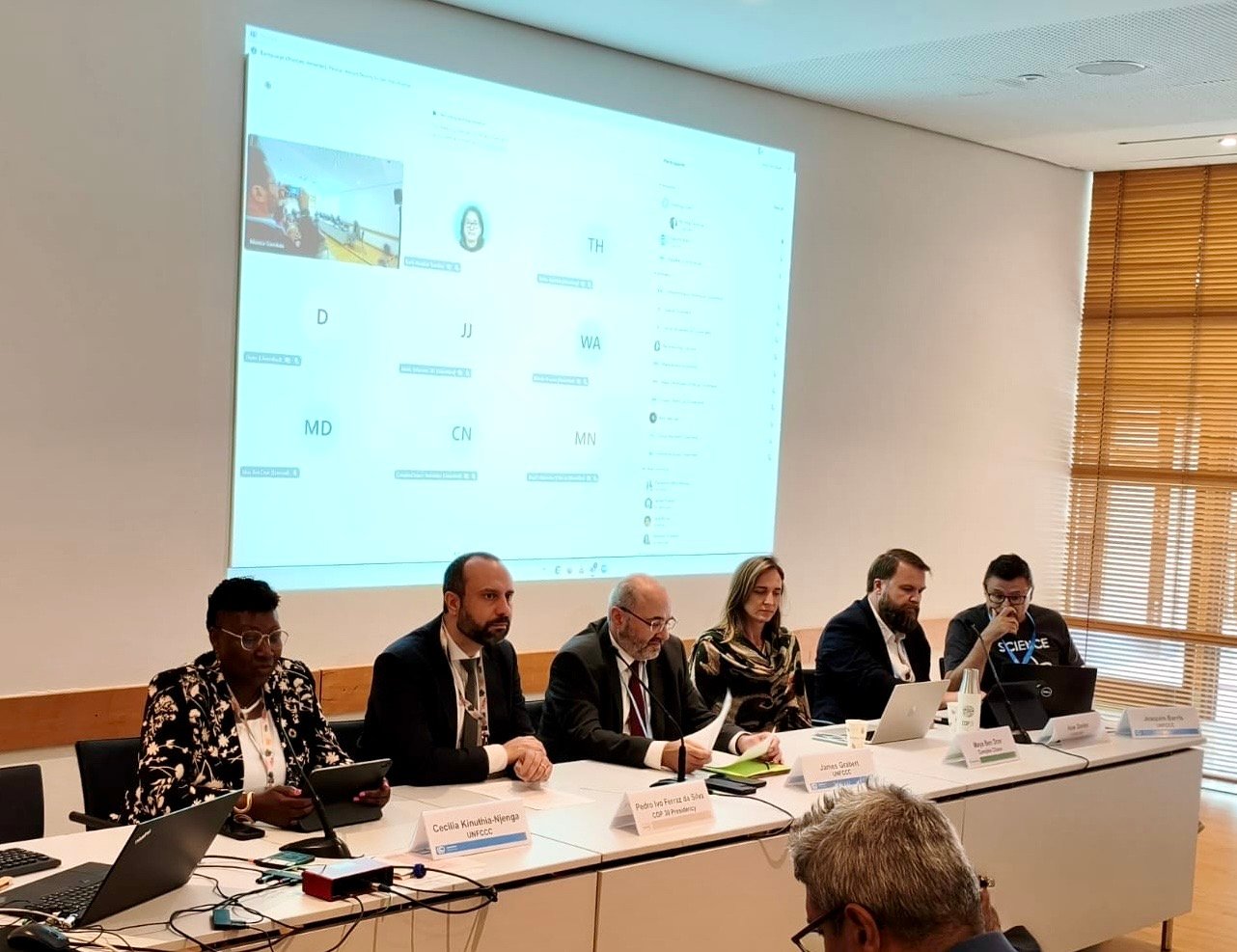| Led by: United Nations Development Programme |
| Implementation period: February 2025 - January 2026 |
| Sub-sector: Low-carbon policy |
Climate change is one of the most pressing challenges of our time. The United Nations Framework Convention on Climate Change (UNFCCC) provides the political foundation for global climate action, uniting nearly all countries to negotiate and implement agreements during the annual Conferences of the Parties (COPs). Over the past four decades, the global climate regime has evolved into a sophisticated and multifaceted framework.
The Intergovernmental Panel on Climate Change (IPCC) 2023 Synthesis Report warns that the window to secure a livable and sustainable future is rapidly closing. Climate change poses severe risks to human well-being and planetary health. Addressing these challenges requires climate-resilient development that integrates both adaptation and mitigation strategies, supported by enhanced international cooperation and equitable access to financial resources. To reinforce global collaboration and uphold the 1.5°C temperature limit, the "Roadmap to Mission 1.5°C" was launched in March 2024 by the presidencies of COP28, COP29, and COP30.
Brazil will host and preside over COP30 in November 2025, assuming responsibility for managing over 200 agenda items across five major forums. This presidency aligns with Brazil’s active participation in the “Mission 1.5” initiative, which aims to limit global temperature rise to 1.5°C. To meet these significant responsibilities, the Brazilian Ministry of Foreign Affairs (MoFA) must enhance its institutional capacity—not only to fulfill the UNFCCC’s objectives but also to advance the broader goals of the United Nations for sustainable development and global well-being.

The project supports Brazil's preparation and execution of COP30. The government, in partnership with the UNDP, has developed a technical cooperation project with four outputs:
- Comprehensive information, knowledge, and communication management strategy designed and implemented
- Technical, logistical, and substantive support to Brazil's negotiation delegation at COPs 29, 30, and 31, as well as at intersessional and pre-COP meetings provided
- Technical, logistical, and substantive support for the COP30 presidency from 2024 to 2026 provided
- Project efficiently managed.
The project will differentiate Brazil's role s as both COP30 President and negotiator. It will also strengthen ownership and efficacy by ensuring the engagement of key stakeholders across COP30’s diverse thematic areas, with particular focus on active participation from civil society, academia, the private sector, legislative bodies, oversight agencies, and other interested parties.
